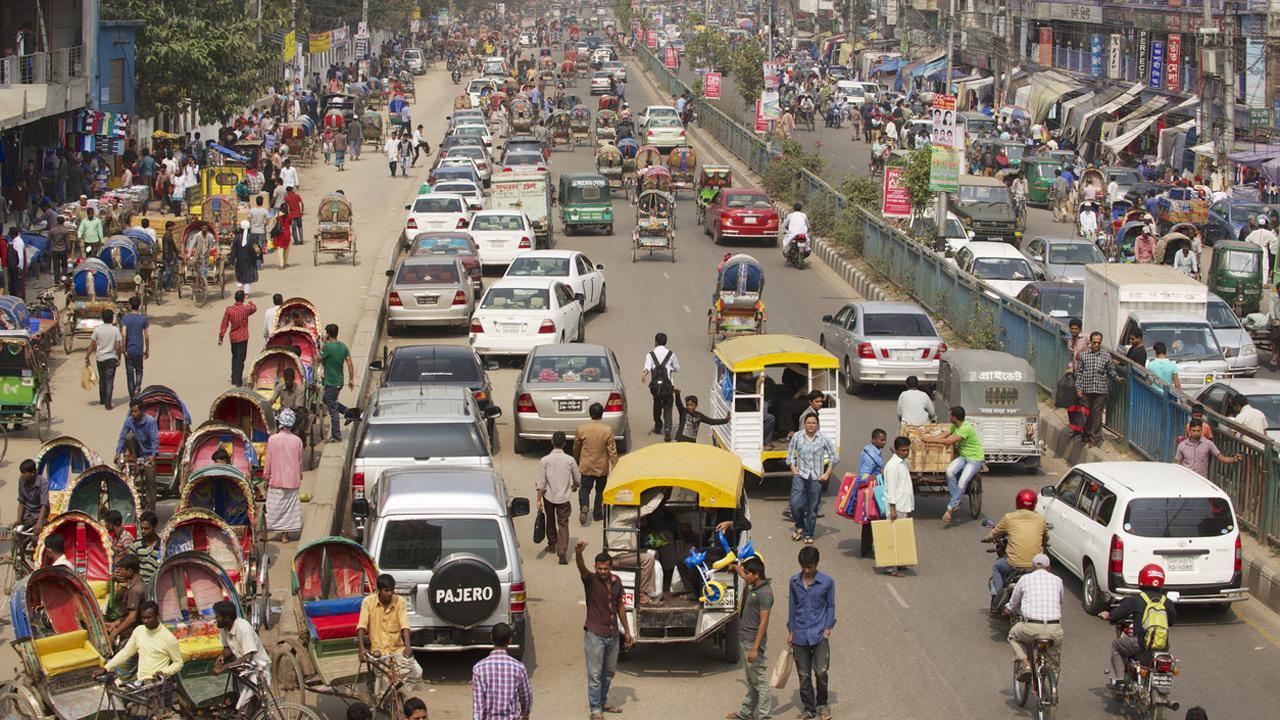Guleria, who, along with Union Health Ministry officials, was briefing the press on the Covid-19 situation, said that the number of cases have declined because of strict lockdowns, but also noted that while the restrictions helped in lowering infections, it does not mean that Covid-19 has gone away.

This picture has been used for representational purpose
As the second wave of Covid-19 seems to have been brought under control in the last few days with a sharp dip in new cases across the country and several states gradually lifting lockdowns, AIIMS Director, Dr Randeep Guleria, on Tuesday stressed that human behaviour would be crucial to break spread of infection in any subsequent wave.
ADVERTISEMENT
Guleria, who, along with Union Health Ministry officials, was briefing the press on the Covid-19 situation, said that the number of cases have declined because of strict lockdowns, but also noted that while the restrictions helped in lowering infections, it does not mean that Covid-19 has gone away.
"But, once the restrictions are lifted, people think Covid-19 has ended now and their behaviour towards Covid-19 will change all of sudden. People stop wearing masks, and maintain social distancing or other Covid-19 appropriate behaviour, which pave the way for a subsequent wave. Hence, people's behaviour is crucial to fight against Covid-19 pandemic, otherwise it will invite another wave," he added.
Explaining why one Covid-19 wave is followed by a subsequent wave, he said Covid-19 is a respiratory virus and comes in multiple waves.
"Coronavirus is a respiratory virus like influenza and it is well-known fact that when there is pandemic, respiratory virus comes in multiple waves until its transmission chain is completely broken. We have seen that during Spanish flu during 1918 and H1N1 in 2009 (Swine flu pandemic), multiple waves were seen."
On whether the third possible Covid-19 wave would be more serious for children, Guleria said: "As of now, there is no such evidence which can prove that the next wave will be more serious for children. If we see the second wave's data, it emerged that up to 60-70 children were admitted in hospitals, their immunity was very low or they were suffering with some other infections also.
"But, those children were healthy, they have recovered fast and even in home isolation. So as of now, we cannot say that the third wave would be more serious for children."
This story has been sourced from a third party syndicated feed, agencies. Mid-day accepts no responsibility or liability for its dependability, trustworthiness, reliability and data of the text. Mid-day management/mid-day.com reserves the sole right to alter, delete or remove (without notice) the content in its absolute discretion for any reason whatsoever
 Subscribe today by clicking the link and stay updated with the latest news!" Click here!
Subscribe today by clicking the link and stay updated with the latest news!" Click here!






